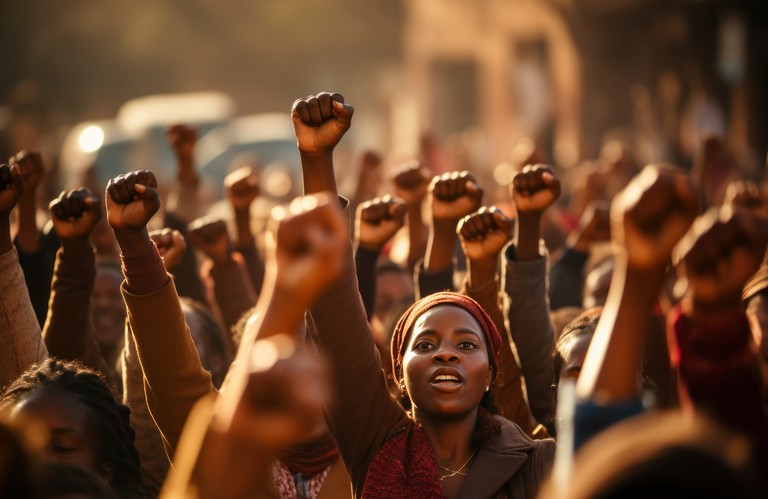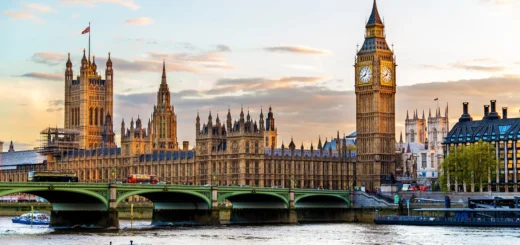Social Movements of the 1960s – America
The 1960s was a decade marked by numerous social movements that sought to address issues related to civil rights, peace, feminism, and environmentalism. Here are key social movements from the 1960s:
Civil Rights Movement
Focused on achieving equal rights for African Americans and ending racial segregation.
Key events: March on Washington (1963), Civil Rights Act (1964), Voting Rights Act (1965).
Anti-Vietnam War Movement
Opposition to the United States’ involvement in the Vietnam War.
Protests, demonstrations, and the counterculture movement characterized this anti-war sentiment.
Women’s Liberation Movement
Advocated for women’s rights, including equal pay, reproductive rights, and an end to gender-based discrimination.
The publication of Betty Friedan’s “The Feminine Mystique” in 1963 is considered a catalyst.
Counterculture Movement
Embraced alternative lifestyles, rejecting mainstream values.
Included the rise of the hippie movement, psychedelic music, and experimentation with drugs.
Environmental Movement
Emerged in response to concerns about pollution, environmental degradation, and the need for conservation.
Earth Day was first observed in 1970, but the groundwork was laid in the late 1960s.
Student Protest Movement
Students played a significant role in various social movements, advocating for change on college campuses.
Protests against the Vietnam War and calls for academic reform were prominent.
Black Power Movement
Advocated for black self-determination, empowerment, and pride.
Malcolm X and the Black Panthers were influential figures in this movement.
Free Speech Movement
Emerged at the University of California, Berkeley, advocating for students’ rights to free speech and political activism on campus.
American Indian Movement (AIM)
Advocated for Native American rights, including land rights, cultural preservation, and improved living conditions.
Gay Rights Movement
The early seeds of the LGBTQ+ rights movement began to emerge in the late 1960s.
The Stonewall riots in 1969 are often considered a turning point.
These social movements of the 1960s had a profound impact on shaping the cultural, political, and social landscape of the United States and beyond. They contributed to significant legislative changes and a shift in societal attitudes toward various issues.









